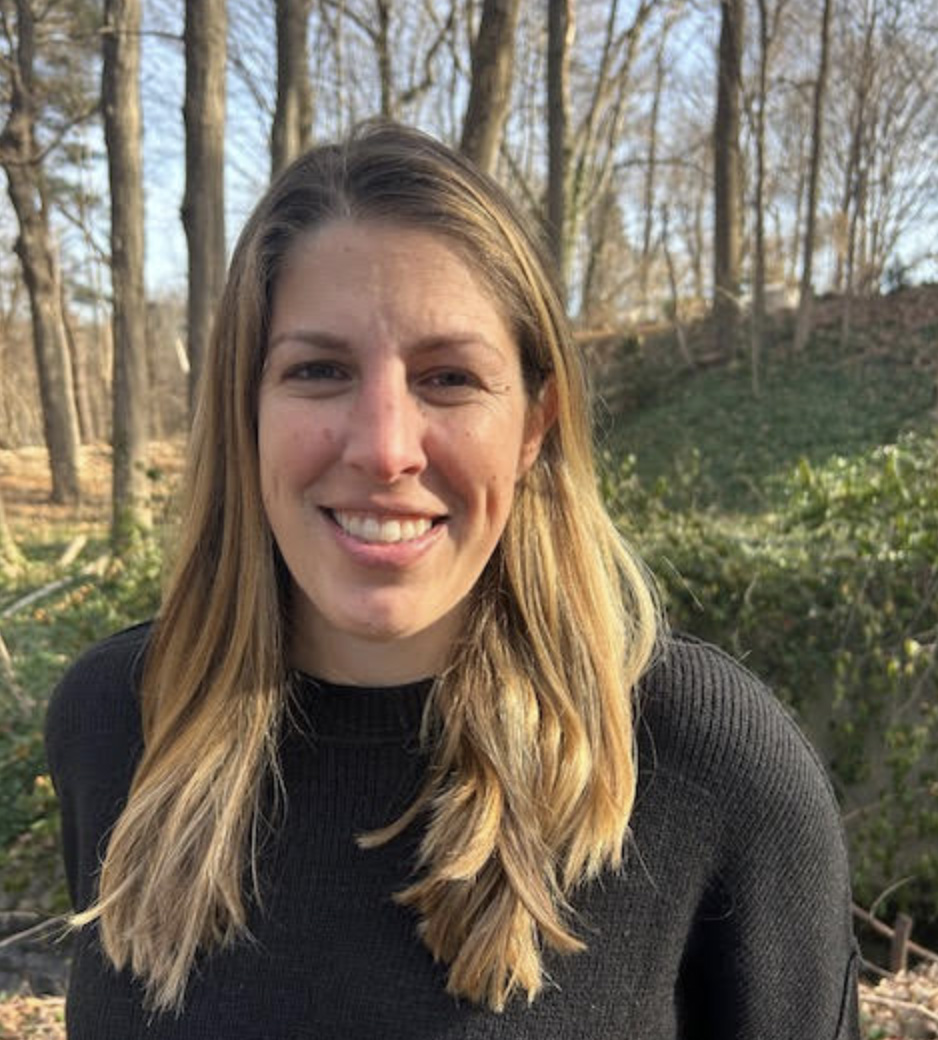
A silhouette of a family holding hands. Image by iStock.
“Everyone should have someone in their life who cares about them,” says Victoria Tucker, a social worker who specializes in foster care and adoption.
She’s embraced that motto for the past decade, connecting children with families in Massachusetts as a leader at state agencies and social service organizations since 2013.
Tucker, B.A.’12, M.S.W.’13, currently supervises the adoption unit at The Home For Little Wanderers, a non-profit child and family service agency in Boston. In the past, she’s matched kids in foster care with adoptive families for the Department of Children and Families and the Massachusetts Adoption Resource Exchange.
“Family can mean so much more than just your blood,” says Tucker, who holds a certificate in genealogy. “Helping to find people who can step up and be a part of a child’s life even if they can’t commit to doing adoption is something I’m really passionate about.”
Her roots in the adoption world date back to 2009, during her freshman year as a human development and psychology major at Boston College.
It was then that her academic adviser told her that she “sounds like a social worker” and suggested she find a summer job in the helping profession. Tucker heeded his advice, taking an internship at a private adoption agency on Cape Cod and working with orphaned children from Ukraine who were living with families in Massachusetts.
“I helped the children maintain connections with their host families and made sure they had someone sending them holiday cards and birthday cards,” Tucker recalls. “That’s where it started. I was like, ‘This is what I want to do.’”
She enrolled in the B.A./M.S.W. dual degree program her sophomore year and chose to focus her studies in the School of Social Work on children, youth, and families—one of six academic pathways that include specialized coursework and field placements.
Tucker completed her first field practicum at The Home for Little Wanderers, providing support to families who were at risk of losing their kids to the Department of Children and Families.
She says the experience taught her the value of honoring and respecting families where they were on their journeys, not where she wanted them to be. “These were families that wanted to keep their children in their home, but they were struggling,” says Tucker. “And so learning how to meet people where they’re at and not expecting them to be able to rise to a certain level because of my expectations was something my supervisor really helped me with.”

Victoria Tucker. Courtesy photo.
As part of her role with the agency today, Tucker visits foster homes to see how kids are doing in their new environment. She has a good idea of how children are faring before she checks in—she knows if they’ve been getting A’s on their tests in school, for example, or whether they’ve been making friends in their new neighborhood—and she uses that knowledge to inform the first thing she says when greeting them.
Tucker honed this strategy in Clinical Practice with Children and Families—the same course that she’s taught as a part-time faculty member in BCSSW since January 2022.
“We would go around the room and explain what we would say to a child the first time we ever met them,” she recalls. “I still think about that every time I go to see a child, because that’s going to set up the rest of your visit.”
Tucker often uses her experiences in the field to aid her teaching. During one class, which focuses in part on attention deficit hyperactivity disorder, she brings up the case of a child who would pull papers off walls as he spun into her office and struggled to sit still.
Tucker challenges students to consider what else, besides ADHD, might be going on in the child’s life to elicit such erratic behavior. She advises them to build a well-rounded understanding of the boy, considering his experiences both at home and in school, before making a diagnosis.
“Students want real-life examples,” says Tucker. “Reading out of a textbook or watching a movie can be helpful sometimes, but they really want to know how the things they’re learning in class apply to real life.”
She tells her students that kids are fun to work with and pitches her pupils on the value of learning how to help children reach their full potential. “Every person was a child once,” she says. “Even if you want to work with adults or older adults, I think it’s really important that you understand childhood and how the impacts of your early years can affect you as an adult.”
Since 2019, Tucker has given advice to aspiring social workers as a member of the BCSSW Alumni Board. She volunteers as a mock interviewer to help soon-to-be-graduates practice their interviewing skills and considers herself a sounding board for students who aren’t sure what they want to do with their degree.
“A lot of students look to us for support,” says Tucker, referring to the board members. “Regardless of what our roles are as social workers, we can help students see the possibilities of the field in new and exciting ways.”

